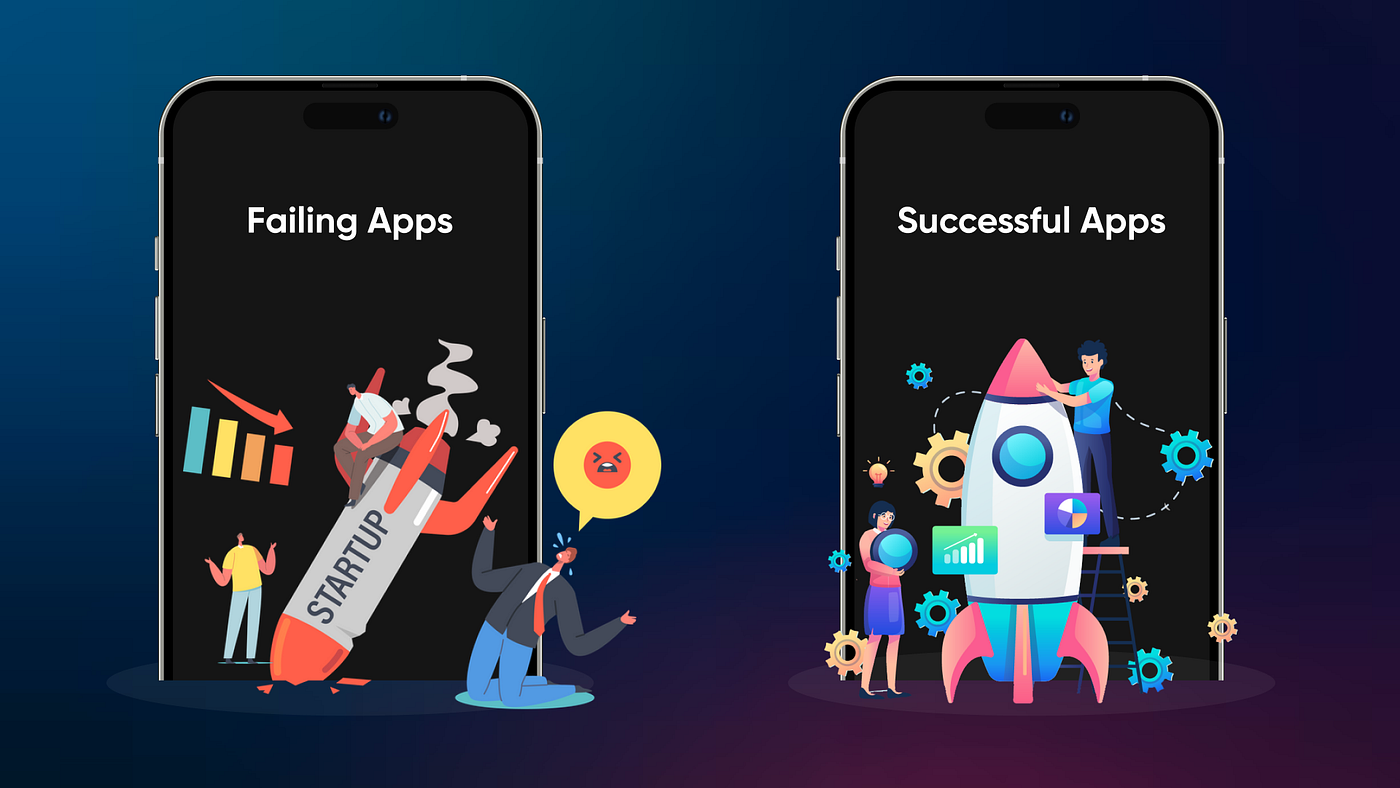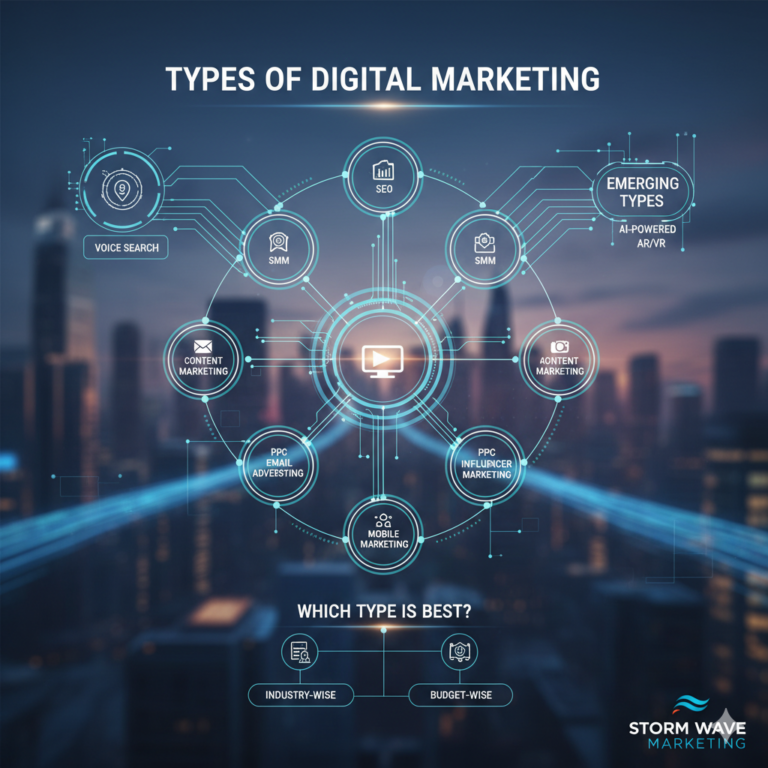Although the market for mobile applications is expanding, not all of them are successful. Many applications suffer from low user retention, poor monetization, or technical difficulties, while some become global sensations.
If you plan to make an app, you may steer clear of frequent blunders by investigating failed apps. The best mobile app company in Florida follows industry best practices to make sure their apps stand out and provide actual value.
What causes some programs to malfunction, and how can you avoid it? Let’s explore the main causes of application failures and the most successful remedies.
1. Limited Market Research: Creating an Undesired App
A lot of businesses release apps without conducting any research on their intended audience or competitors. They believe that their idea is original, but in practice, there could already be better alternatives available.
The Reason It Doesn’t Work
- The application’s level of demand is unclear.
- There isn’t an actual problem that the app fixes.
- A better option is already provided by rivals.
Ways for Avoiding It
- Prior to creation, do thorough market research.
- Pick a specific issue that your app can address.
- Examine competitor applications to discover market gaps.
For instance, a startup’s pet-related social networking programs failed because customers preferred Reddit forums and Facebook groups for the same reason. They may have set their application apart with distinctive pet-friendly features if they had done user behavior research before.
2. Bad Design and User Experience (UX)
Users will quickly uninstall an app that is not clear or unappealing. People won’t give your app a second go if they have difficulty using it.
The Reason It Doesn’t Work
- Users feel let down by the difficult navigation.
- Not responding to buttons, crashes, or sluggish loading times.
- The software has too many functions, which overwhelms users.
Ways to Prevent It
- Keep a simple & user-friendly layout.
- Make utilize easy-to-use navigation.
- Before launch, test the app with real users.
For example, a real estate app’s complex search filter and many menu options made it hard for consumers to locate homes. To ensure a flawless experience, the top mobile app developers streamline their user interfaces.
3. Selecting the Wrong Development Strategy
It’s essential to decide between hybrid, cross-platform, & native development. Making a wrong choice can give rise to contradictions high costs, or poor performance.
The Reason It Doesn’t Work
- While they are costly, native apps—which are created independently for iOS and Android—offer excellent performance.
- While cross-platform apps (developed using React Native or Flutter) is cheaper, they cannot have all the features that are needed.
- Web-based hybrid apps frequently have responsiveness and performance problems.
How to Avoiding It
- For high-performance apps, go with native creation.
- For faster and cheaper development, use cross-platform.
Work with a top mobile app company in Florida to choose the best method.
For instance, a hybrid framework was employed by a ride-sharing service, but users complained about poor response times. They then shifted to native development, which greatly enhanced performance.
4. Problems with performance and technical aspects
A program that is sluggish or glitchy will have trouble keeping users. Consumers won’t put up with frequent breakdowns or glitches; they demand quick, seamless experiences.
The Reason It Doesn’t Work
- The user experience is ruined by frequent crashes.
- Irritably slow loading times.
- Overuse of data and battery.
Ways for Avoiding It
- Before going live, do a lot of testing.
- Increase backend efficiency and performance.
- Regularly offer updates to address problems.
For instance, a fitness app in Florida had a high uninstall rate when it was first started since the videos loaded slowly. App stickiness increased following backend server optimization.
5. Lack of a clear monetization plan
Without a company plan, even outstanding applications are worthless. While certain applications overpay for their additional amenities, which turns off customers, others rely too much on ads.
The Reason It Doesn’t Work
- Users get frustrated by the app’s total reliance on ads.
- No perks to back up premium plans.
- Subscription models with poor structure.
Ways for Avoiding It
- Offer a freemium model of operation with worthwhile upgrades.
- Make use of in-app purchases or non-intrusive advertisements.
- Test with pricing before launching.
As an example, an app for meditation that required a high monthly cost failed because users had access to free alternatives like Headspace and Calm. The top mobile app developers effectively find a balance between free and premium features.
6. Improper App Store Optimization (ASO) and Marketing
A lot of businesses think their app will get famous on its own, but even the most popular applications have difficulty getting downloaded without advertising.
The Reason It Doesn’t Work
- No hype-building pre-launch advertising.
- Bad keywords and a weak description indicate poor App Store Optimization (ASO).
- No influencers, sponsored advertisements, or social media usage.
Ways to Prevent It
- Improve your App Store listing by adding descriptions, screenshots, and keywords.
- Perform influencer and social media campaigns.
- Promote your app both before and after it launches.
For instance, a travel app with excellent features failed since it was not visible enough. Downloads dramatically surged when they made investments in social media advertisements and App Store Optimization.
7. Security and Privacy Issues
Apps that do not safeguard user data rapidly lose credibility in the face of growing cyber threats.
Why It Doesn’t Work
- The software is susceptible to hackers due to its weak encryption.
- Lack of CCPA or GDPR compliance might result in legal problems.
- data breaches can harm a company’s reputation.
How To Avoid It
- For safety of information, use end-to-end encryption.
- Conform to industry security standards and compliance.
- Regularly provide updates and security patches.
For instance, a banking app’s failure to encrypt user passwords resulted in a data leak. To avoid such catastrophes, the best mobile app development company in Florida places a high priority on security.
Concluding Remarks: How to Ensure App Success
The success of your app can be substantially improved through preventing these kinds of mistakes. Whether your company is new or established you can build a strong, high-performing app by using the best practices of the best mobile app company in Florida.
Key Takeaways:
- Prioritize user-friendly design and seamless performance;
- Perform market research prior to production.
- Select the best method for development (cross-platform versus native).
- Create a solid marketing and monetization plan.
- Ensure privacy, security, and periodic improvements.
Do You Need a Great Mobile App?
If you want to create a successful mobile app, engage with the top mobile app company in Florida to assure proficient development, an enjoyable experience for users, and a sustainable business strategy.
Launch your app concept now and make it a reality!

At Stormwave Marketing, we’re more than just a digital marketing agency – we’re a team of passionate strategists, creators, and problem-solvers dedicated to helping businesses thrive online.





